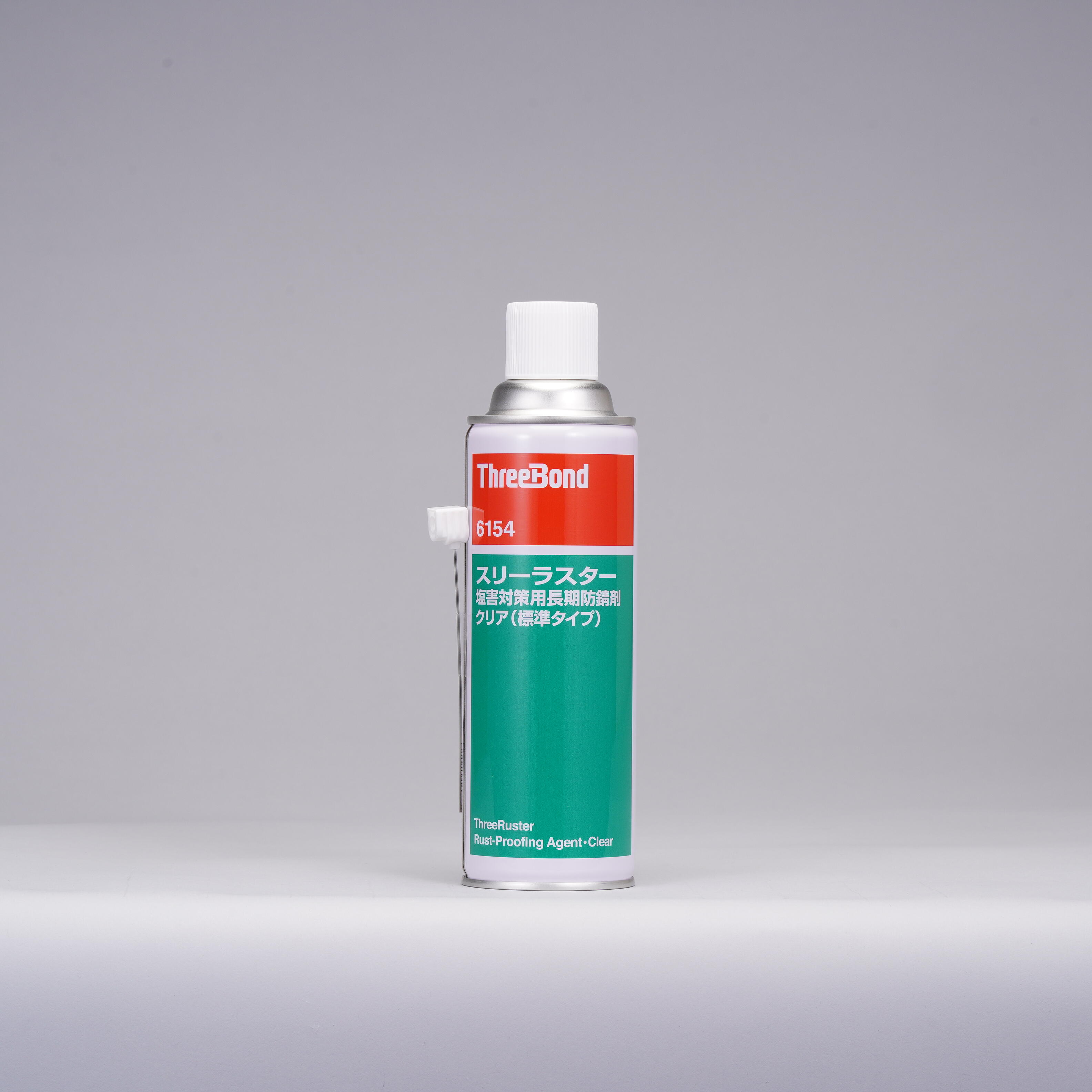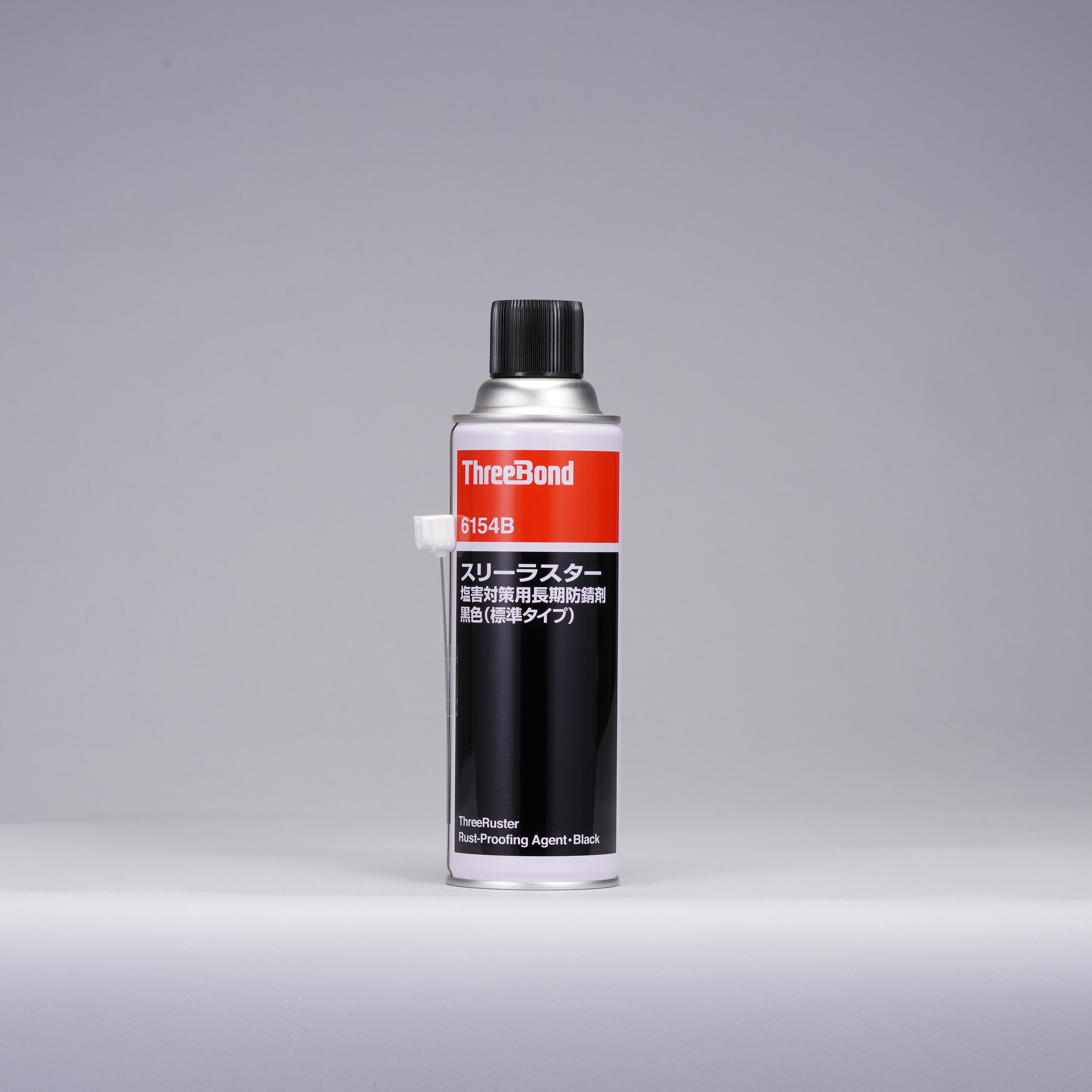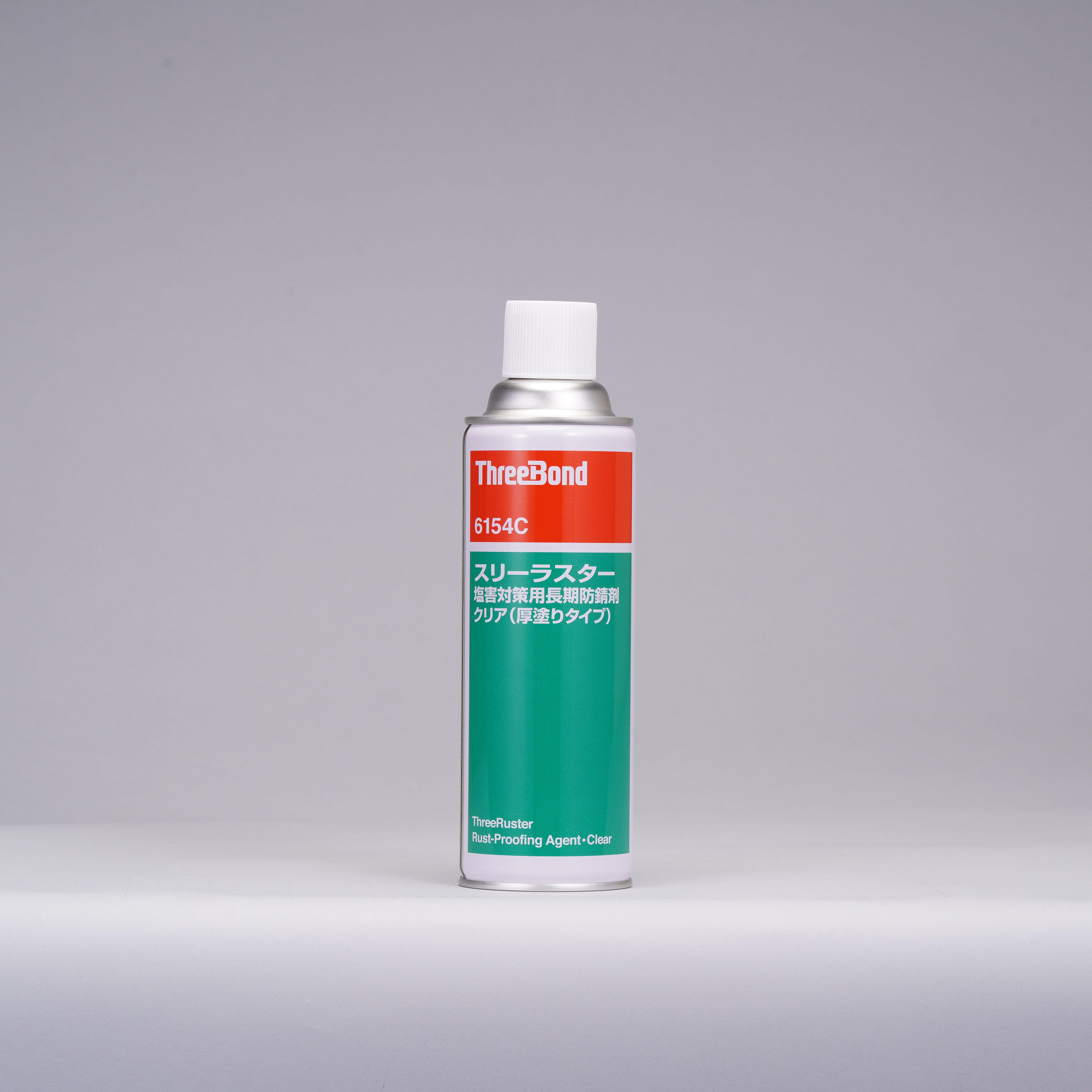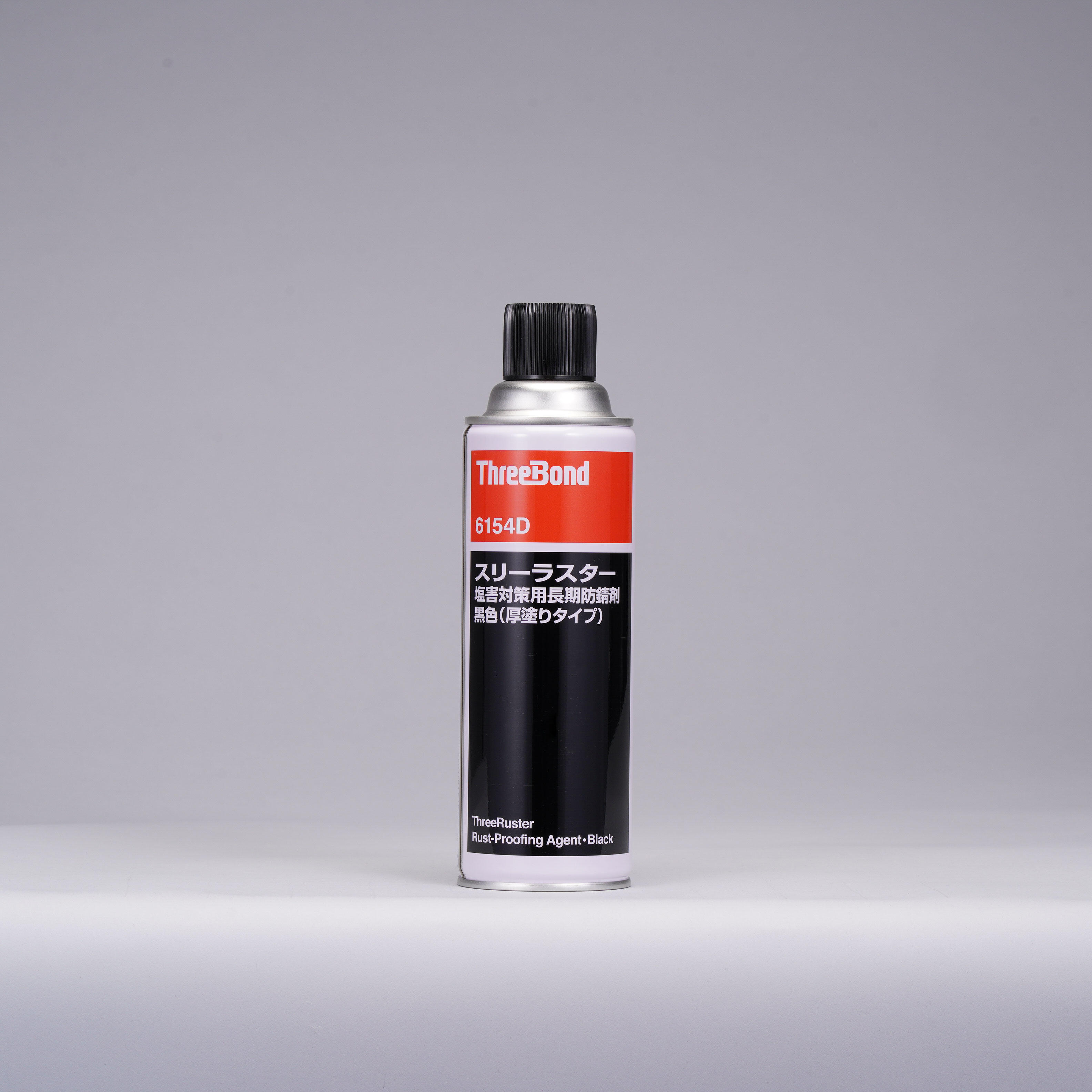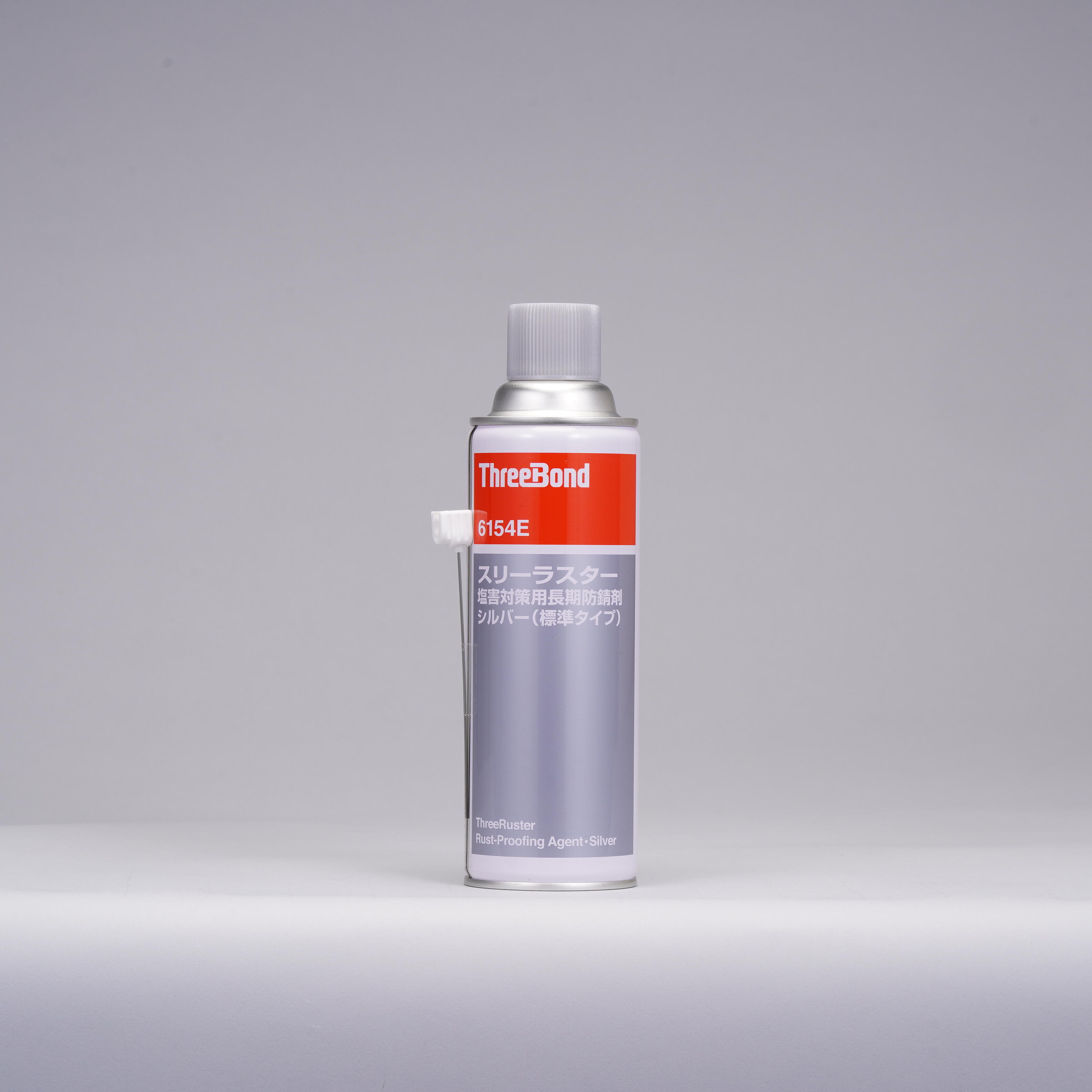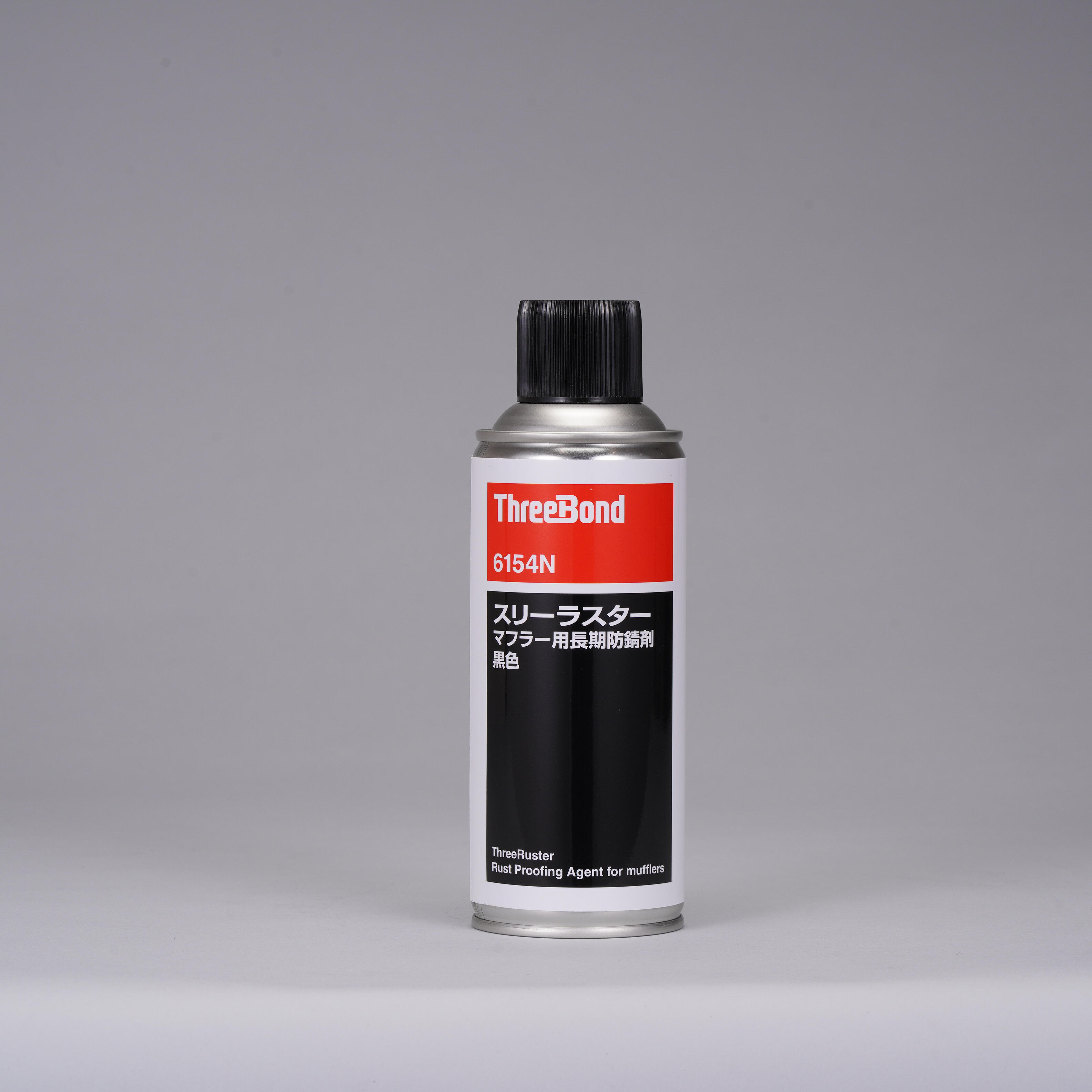Product List
Membership registration or login is required to view SDS / technical materials.
-
- Can be easily applied with a brush.
- Since it dries quickly, it is easy to use.
- Can improve adhesion.
-
- Easy to apply with the brush supplied with the container.
- One-component, quick-drying and easy-to-use .
- Improving car design.
- Excelling in heat resistance, water resistance and corrosion resistance and keeping good appearance for a long term.
-
- Easy to apply with the brush supplied with the container.
- One-component, quick-drying and easy-to-use.
- Improving car design.
- Excelling in heat resistance, water resistance and corrosion resistance and keeping good appearance for a long term.
-
- Easy to apply with the brush supplied with the container.
- One-component, quick-drying and easy-to-use.
- Improving car design.
- Excelling in heat resistance, water resistance and corrosion resistance and keeping good appearance for a long term.
-
- This is a Long-term Rust Preventive Agent for Salt Damage for car bodies that provides protection from salt damage and protect the undercarriage of a car from rust.
- It forms a flexible coating film with a self-repairing ability.
- Sufficient film thickness can be obtained in the corners where coating films have a tendency to be thin.
- Protects your car from rust while maintaining its beauty
-
- This is a Long-term Rust Preventive Agent for Salt Damage for car bodies that provides protection from salt damage and protect the undercarriage of a car from rust.
- It forms a flexible coating film with a self-repairing ability.
- Sufficient film thickness can be obtained in the corners where coating films have a tendency to be thin.
- Protects your car from rust while maintaining its beauty
- Black-colored type of ThreeBond 6154
-
- This is a Long-term Rust Preventive Agent for Salt Damage for car bodies that provides protection from salt damage and protect the undercarriage of a car from rust.
- It forms a flexible coating film with a self-repairing ability.
- Sufficient film thickness can be obtained in the corners where coating films have a tendency to be thin.
- Protects your car from rust while maintaining its beauty
- Thick coating type of ThreeBond 6154
-
- Long-term car body rust preventive for salt damage mainly composed of wax. Easy to use because it can be applied immediately after car washing.
- The sprayed agent hardly flows, and sufficient film thickness can be obtained on corners where the coating films are easily thinned.
- After drying, it has flexibility and less stickiness. Even if the film is scratched, it can protect the car from rust because it has self-restoring properties.
- Thick coating (high-viscosity) type variation of TB6154B
- The formed thick films have vibration and sound damping effects.
-
- This is a Long-term Rust Preventive Agent for Salt Damage for car bodies that provides protection from salt damage and protect the undercarriage of a car from rust.
- It forms a flexible coating film with a self-repairing ability.
- Sufficient film thickness can be obtained in the corners where coating films have a tendency to be thin.
- Protects your car from rust while maintaining its beauty
- Silver-colored type of ThreeBond 6154
-
- A silicone-based long-term rust inhibitor that can be applied to automobile mufflers.
- It does not apply Ordinance on Prevention of Organic Solvent Poisoning.
- It is an aerosol type.





